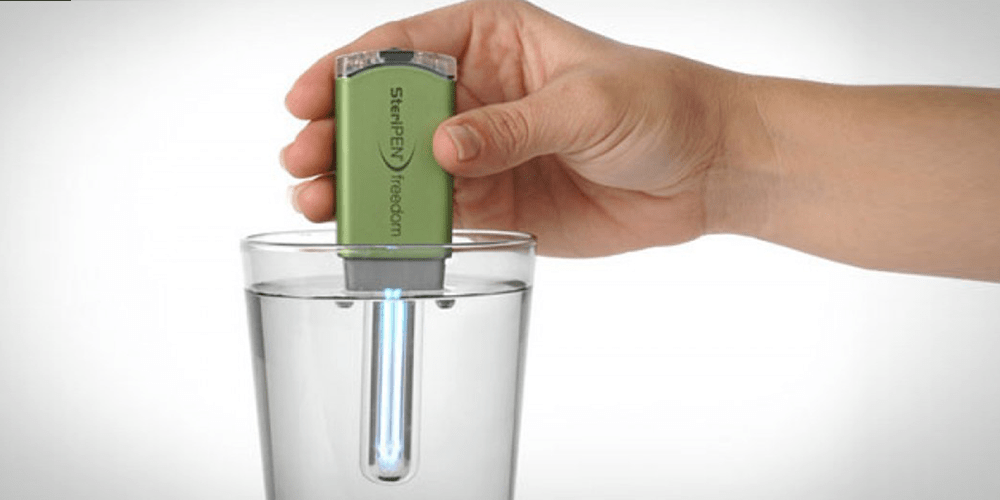Water Drinker’s Remorse or The Perils of Study Abroad
By Jenea C. Robinson
March 15, 2017

Do you have any regrets while traveling abroad?
Here is one of mine. The year was 2012 and I was in India at my local teacher’s home. She offered me a glass of cold water. My Spidey senses told me to say no, but I am from the south and I appreciate hospitality. I drank it. Only a few hours later I was praying to all the gods I knew because lava was pouring out of my rectum and barely making it into the small hole of a toilet. I had gotten a nasty intestinal parasite from her contaminated water. If only I had known about the SteriPen, I could have saved months of misery.
One of the highlights of attending college is having the opportunity to study abroad. For many American students, studying abroad is the first time leaving the country. As someone who studied abroad three times during college, I fully understand the joys and struggles of a small budget while abroad. One of the biggest drains from my wallet while in India was purchasing water bottles. By example, let’s say a student is studying a semester in Tanzania, East Africa. The average cost of a 1.5-liter bottle is $0.71. That student buys on average two bottles a day…$1.42. Two bottles a day for 15 weeks (an average semester) works out to be around $149. For a college student on a budget, $149 is significant.
Water bottles are also a contributor to worldwide pollution. Plastic water bottles take an estimated one thousand years to breakdown, and the United States has approximately two million tons of water bottles in its landfills. Most colleges that encourage students to travel abroad are also encouraging them to become global citizens. A part of becoming a global citizen is to learn about another culture while reducing negative impacts in the land…specifically one’s carbon footprint.
I consider myself an environmentalist, so I avoid buying water bottles. However, I am not eager to end up with another parasite (which I referred to as my belly babies). What to do? A fantastic alternative to bottled water that is practical, safe, long-lasting, and sustainable is a SteriPen. A SteriPen is a rechargeable or battery operated pen that you stir into any unsafe or questionable tap water. When you stir the SteriPen, UV light is emitted into the water, killing bacteria (E-Coli, Giardia etc.), viruses (Hepatitis), and protozoan cysts (cryptosporidium etc.). It is odorless and colorless. It takes only one minute to have clean drinking water! The pen is lightweight and completely effective. The only drawback of this pen is the price, which can run anywhere from $50 to $100+. Additionally, if you do not purchase the rechargeable SteriPen, batteries can become expensive since they only work with Lithium or rechargeable batteries. However, I have had my $50 SteriPen for two years and have used it countless times. I drank river water in Myanmar, tap water in Malaysia, and bathroom water in China without a single gastrointestinal episode.
It is easy to find many examples where Steri-Pen and its other water purifying products have helped bring clean water to those in developing countries who would otherwise not have it. One was in Kenya in 2013. 13 million Kenyans do not have access to quality water. On National Plumbing Day, 2250 water purifier devices were given to villages in Kenya.
All college students traveling abroad in countries without easily accessible drinking water should have a SteriPen. An investment that cost less than $160 will contribute to a significant decrease in water bottle pollution, potential sickness, and a student’s carbon footprint while traveling. Colleges and universities should provide them to their students in study abroad programs where water quality is questionable. It is well worth it.

